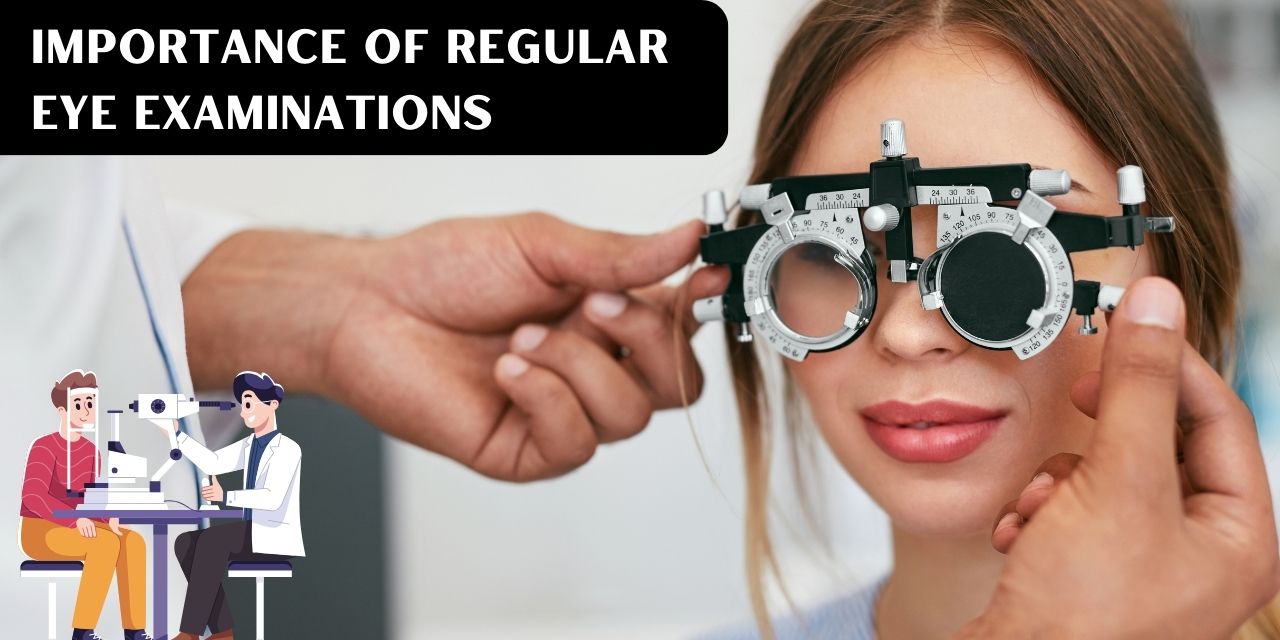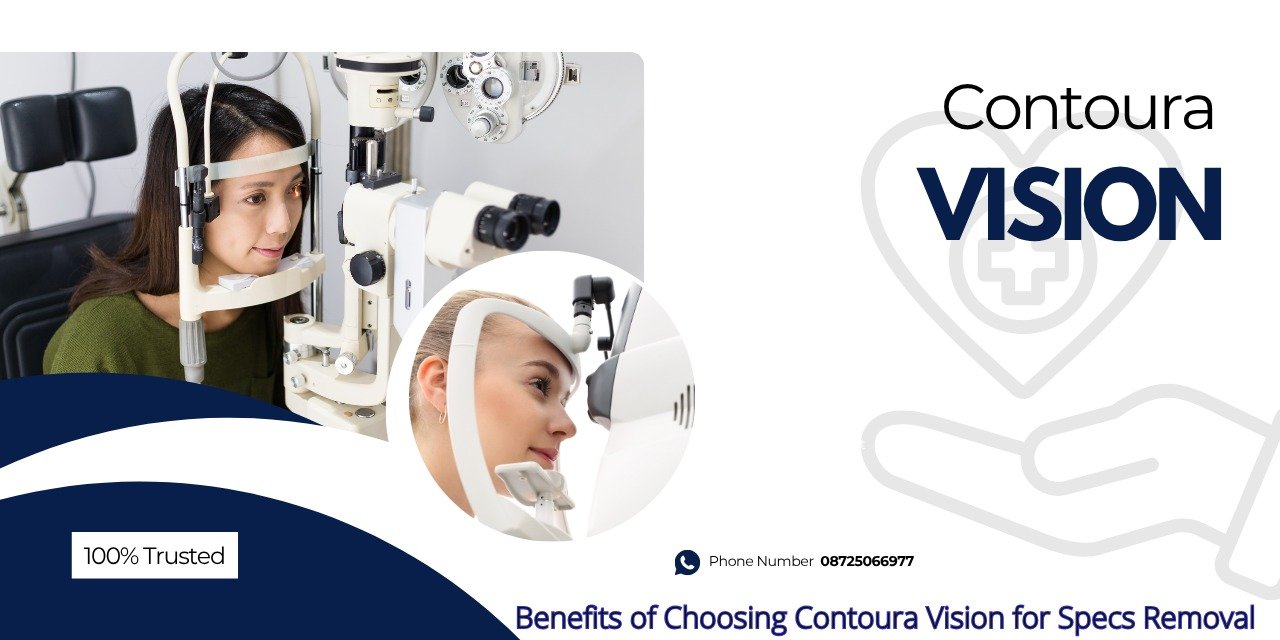Eye health is often overlooked, yet it plays a crucial role in your overall well-being. Regular eye examinations are more than just a routine check-up; they are essential for maintaining good health and preventing serious conditions. In this article, we’ll explore why regular eye exams are vital and what you need to know to keep your vision sharp and your health in check.
Why Regular Eye Exams Matter
➽ Early Detection of Eye Diseases
One of the most compelling reasons for regular eye exams is the early detection of eye diseases. Conditions like glaucoma, macular degeneration, and diabetic retinopathy can develop silently without noticeable symptoms in their early stages. Routine eye exams can catch these issues before they become severe, allowing for earlier and more effective treatment.
➽ Monitoring Changes in Vision
Your vision can change over time due to various factors such as ageing, lifestyle changes, or underlying health conditions. Regular eye exams help track these changes and ensure that any necessary adjustments to your prescription glasses or contact lenses are made. This not only helps maintain clear vision but also prevents unnecessary strain on your eyes.
Comprehensive Health Assessments
➽ Detecting Systemic Health Issues
Did you know that your eyes can reveal signs of systemic health problems? Eye exams can uncover symptoms of conditions like high blood pressure, diabetes, and even certain types of cancer. For instance, changes in the blood vessels of the eyes can indicate hypertension, while diabetic retinopathy is a direct result of diabetes. By identifying these signs early, you can address underlying health issues before they escalate.
➽Identifying Vision Problems Early
Children and adults alike benefit from regular eye exams to identify vision problems early on. For children, undiagnosed vision issues can affect academic performance and social development. For adults, issues like presbyopia or astigmatism can impact daily activities. Early diagnosis and treatment can significantly improve quality of life.
The Benefits of Regular Eye Exams
➽ Improved Quality of Life
Maintaining good vision is essential for your overall quality of life. Regular eye exams ensure that you see clearly and comfortably, which is vital for performing daily tasks, such as reading, driving, and working. By addressing vision problems promptly, you can avoid frustration and reduce the risk of accidents related to impaired vision.
➽ Cost-Effective Preventive Care
Regular eye exams can be cost-effective in the long run. By catching potential problems early, you can avoid more extensive and costly treatments down the line. Preventive care not only saves money but also reduces the risk of developing serious eye conditions that may require complex interventions.
What to Expect During an Eye Exam
➽ Comprehensive Vision Testing
During a typical eye exam, your optometrist will perform various tests to assess your vision and overall eye health. This includes measuring visual acuity, checking for refractive errors, and evaluating the function of your eye muscles. These tests help determine whether you need glasses or contact lenses and ensure that your prescription is up-to-date.
➽ Eye Health Evaluation
In addition to vision testing, your eye doctor will conduct a thorough evaluation of your eye health. This may involve examining the retina, optic nerve, and blood vessels to check for any signs of disease or abnormalities. Your eye doctor may use specialised equipment, such as a slit lamp or optical coherence tomography (OCT), to get a detailed view of your eye structures.
How Often Should You Have an Eye Exam?
➽ General Recommendations
The frequency of eye exams can vary based on age, health status, and risk factors. Generally, it is recommended that adults have an eye exam every two years. However, individuals over the age of 60, those with chronic health conditions, or those with a family history of eye diseases may need to visit their eye doctor more frequently.
➽ Special Considerations
For children, eye exams should start early, often around six months of age, and continue regularly as they grow. This helps catch and address any developmental issues that could affect their learning and development. Additionally, people who experience vision changes or have symptoms such as blurred vision, headaches, or eye strain should schedule an eye exam promptly.
Conclusion
Regular eye examinations are essential for maintaining optimal vision and overall health. They play a critical role in early detection of eye diseases, monitoring changes in vision, and identifying systemic health issues. By making eye exams a routine part of your healthcare, you can prevent potential problems and enhance your quality of life.
If you’re due for an eye exam or have any concerns about your vision, consider scheduling an appointment with Dr. Rohit P Gupta at Tricity Eye Hospital. As a leading eye hospital in Kharar and nearby Mohali and Chandigarh, Tricity Eye Hospital is dedicated to providing comprehensive eye care and advanced treatments. Don’t wait for symptoms to arise take proactive steps today to ensure your vision remains clear and your health stays in check. To get more information please contact us on : +918968248767













